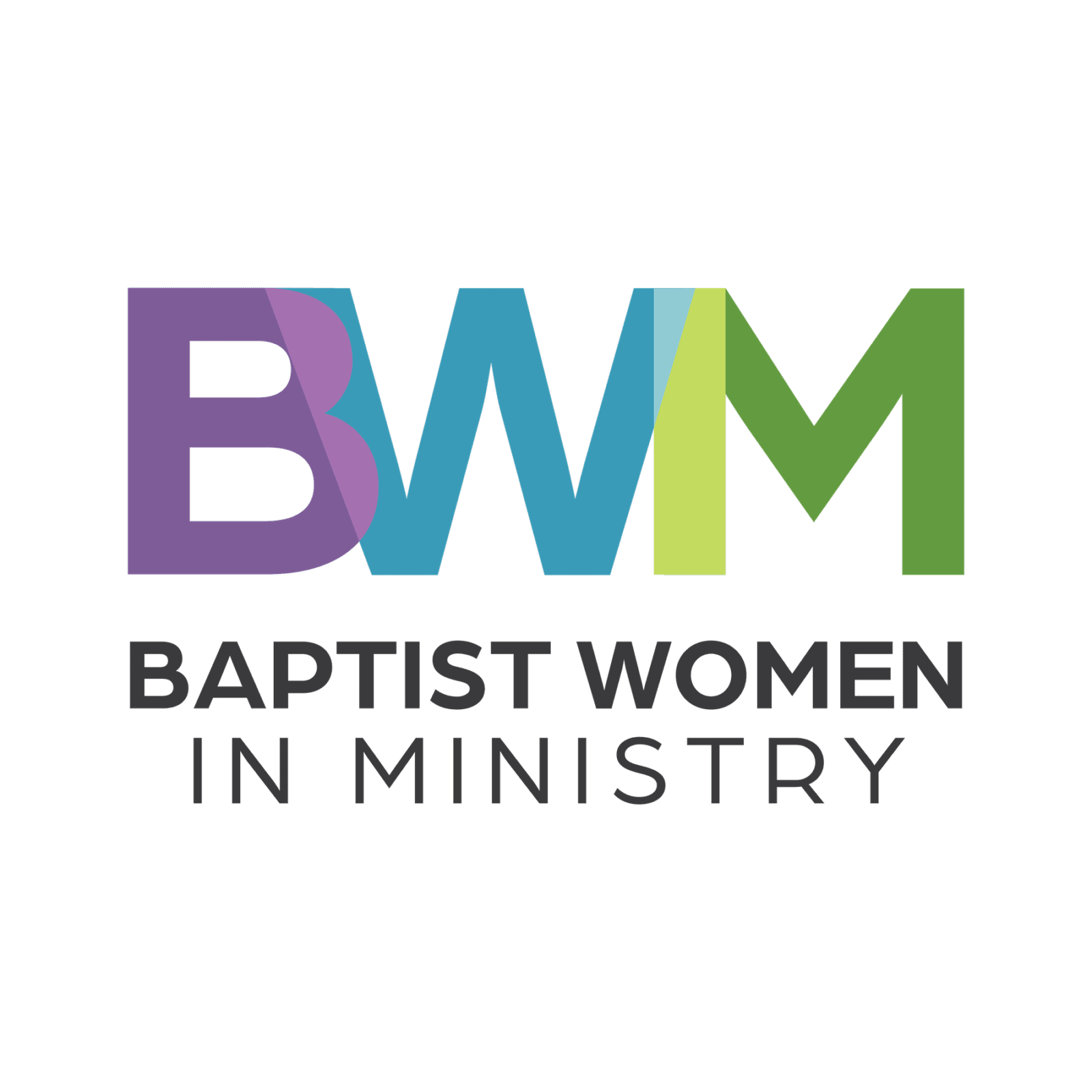The spirit of the Lord GOD is upon me, because the LORD has anointed me; he has good news to the oppressed, to bind up the brokenhearted, to proclaim liberty to the captives, and release to the prisoners; to proclaim the year of the Lord’s favor, and the day of vengeance of our God; to comfort all who mourn; to provide for those who mourn in Zion— to give them a garland instead of ashes, the oil of gladness instead of mourning, the mantle of praise instead of a faint spirit. They will be called oaks of righteousness, the planting of the LORD, to display his glory.—Isaiah 61:1-3
There was a man sent from God, whose name was John. He came as a witness to testify to the light, so that all might believe through him. He himself was not the light, but he came to testify to the light. The true light, which enlightens everyone, was coming into the world.—John 1:6-9
I am a storyteller by trade, so naturally my default gaze is set directly inward looking for new stories to share. But, this frequent introspection also offers me a view of a great deal of doubt and precious little hope when my tired stories don’t seem to offer much light to a world that constantly finds itself in a hauntingly familiar, yet fresh wilderness. While many of my conversations these days are centered around our country’s entrenched system of oppression and violence, and I so often feel discouraged, I must cast my gaze outward, upward, anywhere but inward, to remember that “I am not the light, but I can testify to the light.”
Directing my gaze outward to see the light in the wilderness takes effort and practice. But, when I do look outside of myself, I find that this great gospel story is alive, and at work, in spite of me and my tendency to remain enshrouded in all of my me-ness.
Sure, much like John, I often feel like just another voice crying out in the wilderness, and my proclamations usually emerge in the form of questions. “Good news to the oppressed? Liberty to the captives? Really?”
Consider, for a moment, though, that our questions could be the proclamation. For, when I allow myself to question, I find that hope always gives me a wink and answers, “Yes. It could happen.”
When I fix my gaze outward and let my questions flow freely, I find stories, like this one of a young black boy hugging a white police officer in the middle of a protest, that show the audacity of the light to show up right in the middle of the darkness. . .
or this story, of Missy Ward Angalla’s work with some pretty amazing refugees, that shows the tendency of hope to show up and rearrange broken lives into something beautiful. . .
or this, from blogger Glennon Doyle Melton, that shows the power of the light to break through the darkness of addiction. . .
When I open my eyes and fix my gaze outward, I find that this gospel story isn’t just ancient history, offering a few pretty words to scribble onto a greeting card. I am reminded, when I make an effort to look outside of myself, that hope is alive and well and that peace, or liberation, or freedom—well, it could happen. And that’s good news.
Ashley Robinson is the executive assistant at Baptist Women in Ministry.




